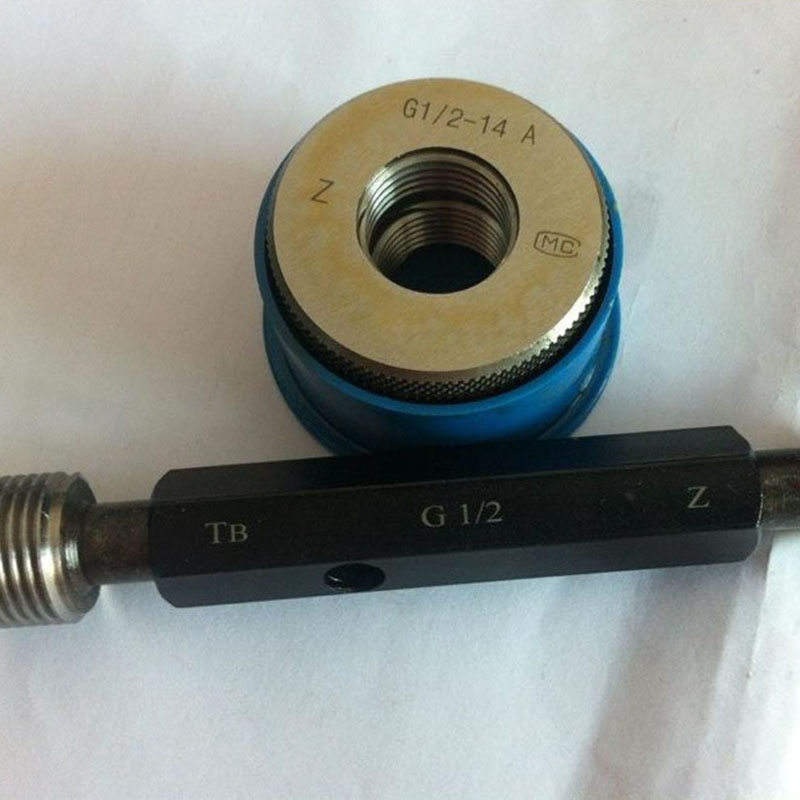Nov . 10, 2024 10:07 Back to list
Understanding the Use and Importance of Metric Gauge Pins in Precision Engineering
Understanding Metric Gauge Pins An Essential Tool in Precision Measurement
In the world of engineering and manufacturing, precision is paramount. Whether you're in the realm of mechanical design, quality control, or manufacturing, the tools you use to measure and verify dimensions can dramatically influence the quality and performance of the final product. Among these tools, metric gauge pins play a critical role. This article delves into the significance, applications, and advantages of metric gauge pins in ensuring accuracy in measurements.
What are Metric Gauge Pins?
Metric gauge pins are precision measuring tools typically made of high-grade steel, designed to specific dimensions. They are used to check and establish hole sizes, as well as to ensure alignment and fit between parts. Available in various lengths and diameters, these pins conform to standardized metric sizes, allowing for consistency and reliability across different applications.
The basic concept behind gauge pins originates from their function in verifying sizes—if a pin fits a hole, that hole meets a specified tolerance; if it does not, the hole is out of specification. This straightforward principle makes gauge pins an indispensable element in quality control processes.
Types of Metric Gauge Pins
Metric gauge pins come in several types, each suited for specific functions
1. Go/No-Go Pins These pins are crafted for two purposes the Go pin must fit into the hole being measured to indicate the design tolerances are met, whereas the No-Go pin should not fit in. This dual approach allows for quick and effective verification of dimensions.
2. Straight Pins Used for checking diameter and orientation, straight gauge pins are commonly employed for straightforward applications. Their simple design allows for ease of use in various settings.
3. Tapered Pins These pins feature a tapered end, facilitating insertion into tight or difficult holes. Tapered gauge pins are particularly useful in locating features in assemblies or components that may require precise alignment.
4. Fixed Length Pins These pins come in a standard length and can be used as reference tools for measuring depth or verifying the fit of parts.
Applications of Metric Gauge Pins
The versatility of metric gauge pins finds them utilized in several applications, including
metric gauge pins

- Mechanical Engineering In the design and assembly of mechanical assemblies, gauge pins ensure that parts fit together precisely
.- Quality Control In production environments, gauge pins are standard tools for inspection to verify that manufactured parts conform to their specifications.
- Tooling and Fixture Design Gauge pins are used in the construction of tooling and fixtures for assembly lines, ensuring that components are correctly positioned for further processing.
- Aerospace and Automotive Industries Given their strict safety standards, these industries rely heavily on gauge pins to ensure that components meet OEM specifications and are free from defects.
Advantages of Using Metric Gauge Pins
The use of metric gauge pins provides several advantages
1. Precision and Accuracy Because they are made to exacting standards, gauge pins allow for precise measurements that enhance the quality of the manufactured components.
2. Ease of Use Their straightforward design enables quick assessments without the need for complex setups, making them user-friendly even for those who may be new to measurement.
3. Standardization As metric gauge pins conform to internationally recognized metric standards, they provide a common language for engineers and manufacturers worldwide.
4. Cost-effective Although a small investment in terms of tools, the value metric gauge pins offer in terms of preventing defects and ensuring quality translates to significant savings on rework and returns.
Conclusion
Metric gauge pins are vital tools in the field of measurement and verification, crucial for ensuring quality and precision in manufacturing processes. Their varied types and ease of use make them suitable for a wide array of applications, reinforcing their importance in industries demanding precision. Whether for aircraft components, automotive parts, or electronic devices, the reliability of metric gauge pins plays an integral role in delivering high-quality products. As industries continue to advance and demand tighter tolerances, the relevance of these simple yet effective tools will only grow. Ultimately, understanding and utilizing metric gauge pins can significantly impact the success and efficiency of engineering and manufacturing endeavors.
-
Why Metric Trapezoidal Thread is Ideal for Precision Motion ControlNewsAug.05,2025
-
The Unique Properties of a Block of Granite for Industrial UseNewsAug.05,2025
-
The Role of Flanged Y Strainers in Preventing Pipeline ClogsNewsAug.05,2025
-
The Importance of Regular Calibration for Master Ring GagesNewsAug.05,2025
-
How a Cast Iron Surface Table Enhances Accuracy in ManufacturingNewsAug.05,2025
-
Comparing Different Check Valve Types for Optimal Flow ControlNewsAug.05,2025
Related PRODUCTS









